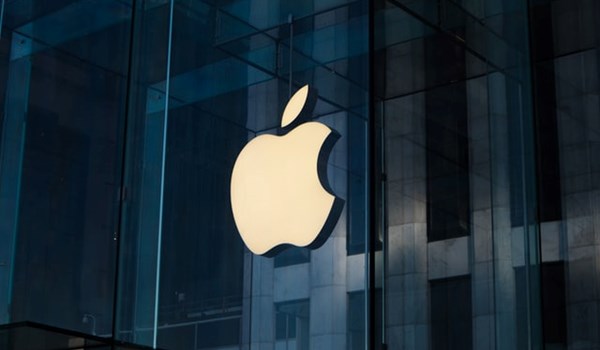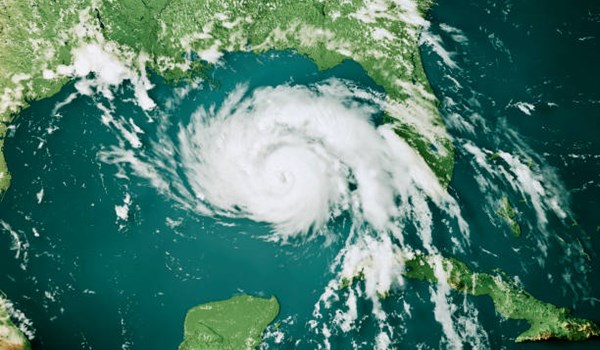America will oppose a proposed global tax on billionaires, Treasury Secretary Janet Yellen has confirmed.
Ministers in France, Brazil and other nations have been pioneering an idea to tip the economic scales away from the megarich.
Brazil is this year leading the group of 20 major economies, known as the G20, and has called on members to develop a cross-border approach to ensure the world’s 3,000 billionaires pay their fair share.
The idea is to stop ultra-wealthy residents in one country from shifting their money to another nation with a lower tax rate.
The richest billionaire in the world is currently French entrepreneur Bernard Arnault but the remaining top five are all American including: Amazon founder Jeff Bezos, Tesla CEO Elon Musk, Meta founder Mark Zuckerberg and Google co-founder Larry Page.
Today, Yellen insisted the US would not support the idea, ahead of a planned meeting with finance ministers from the Group of Seven advances democracies.
She is quoted in the Wall Street Journal as saying: ‘We believe in progressive taxation.
‘But the notion of some common global arrangement for taxing billionaires with proceeds redistributed in some way – we’re not supportive of a process to try to achieve that. That’s something we can’t sign on to.’
The G20 proposal resurrects a global minimum tax on corporations which roughly 140 countries signed up to in 2021 but has since run into roadblocks.
International politicians have discussed a plan to require billionaires to pay taxes worth up to at least 2 percent of their overall wealth every year.
Advocates claim the move would stop the rich from shifting their wealth into countries where they can avoid paying the levy.
It would also allow countries to raise more in tax revenue and slash income inequality.
French finance minister Bruno Le Maire said last month: ‘This is exactly what we did with minimum taxation on corporate tax.
‘It would be the same on the international taxation for the wealthiest individuals.’
Residents of a country are usually taxed on their income based on their residence. Unusually America already levies citizens on their worldwide income – making it harder for them to escape the burden.
Biden has already proposed significantly raising taxes on high-income Americans. During his State of the Union address in March, he announced a sweeping raft of measures targeting big corporations and Americans worth over $100 million.
However, he has shied away from an outright wealth tax which would annually collect a share of an individual’s net worth.

Instead, Biden’s plan would require wealthy Americans to pay a 25 percent tax on all their earnings including unrealized capital gains.
Capital gains taxes are applied to assets and investments at a top rate of 23.8 percent. But they are only applied when the asset is ‘realized’ – or sold – meaning they can go untaxed for years.
The highest rate of income tax is currently 37 percent. The way in which assets are levied could soon be overhauled thanks to a landmark supreme court case threatening to rewrite the US tax code.
Biden’s proposal was criticized at the time by prominent figures including Shark Tank star Kevin O’Leary who said it will ‘never happen.’
Yellen helped to spearhead a global agreement on corporate taxes which sets a 15 percent minimum that companies must pay. But Congress had now approved the deal due to Republican opposition.




